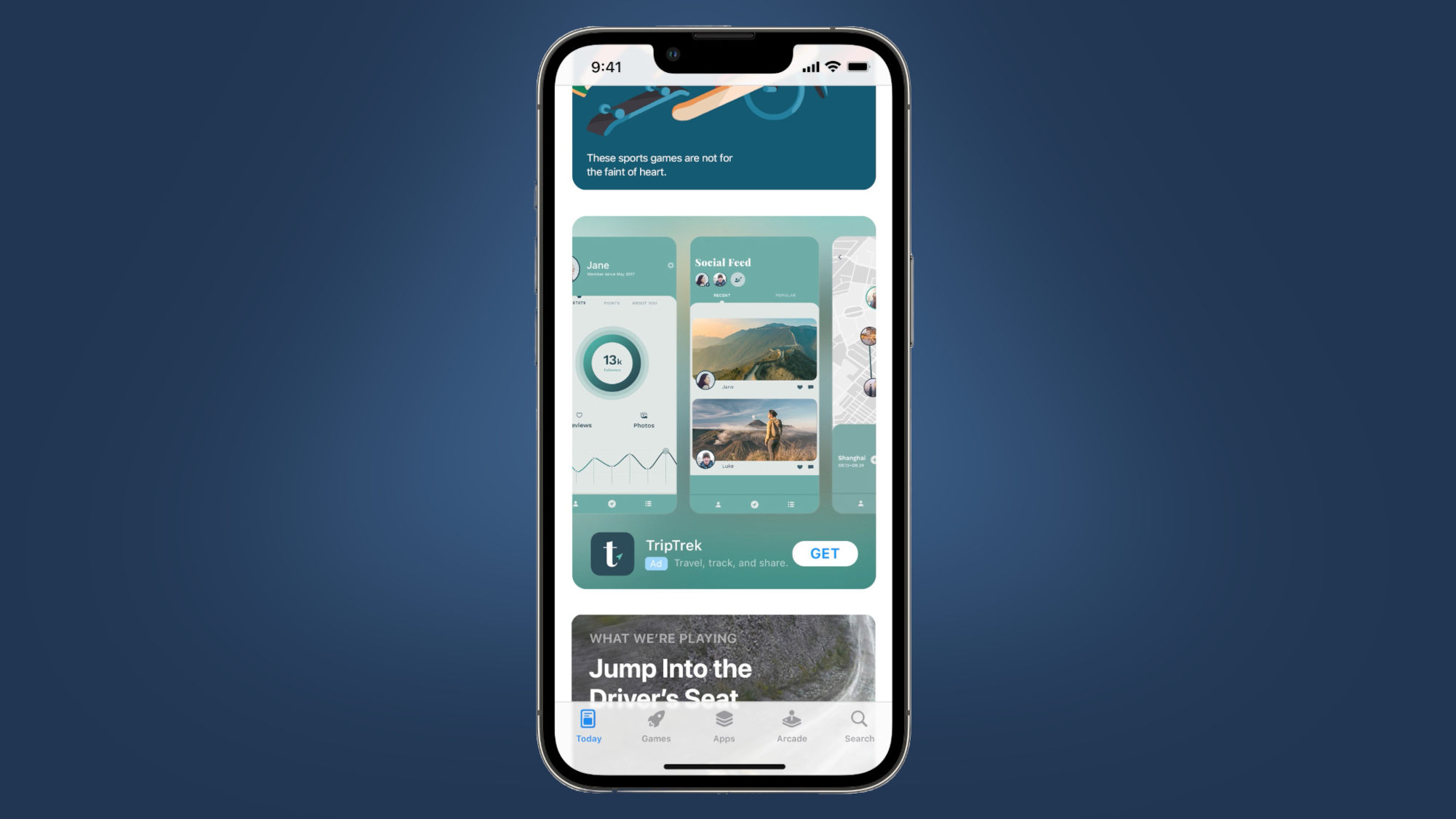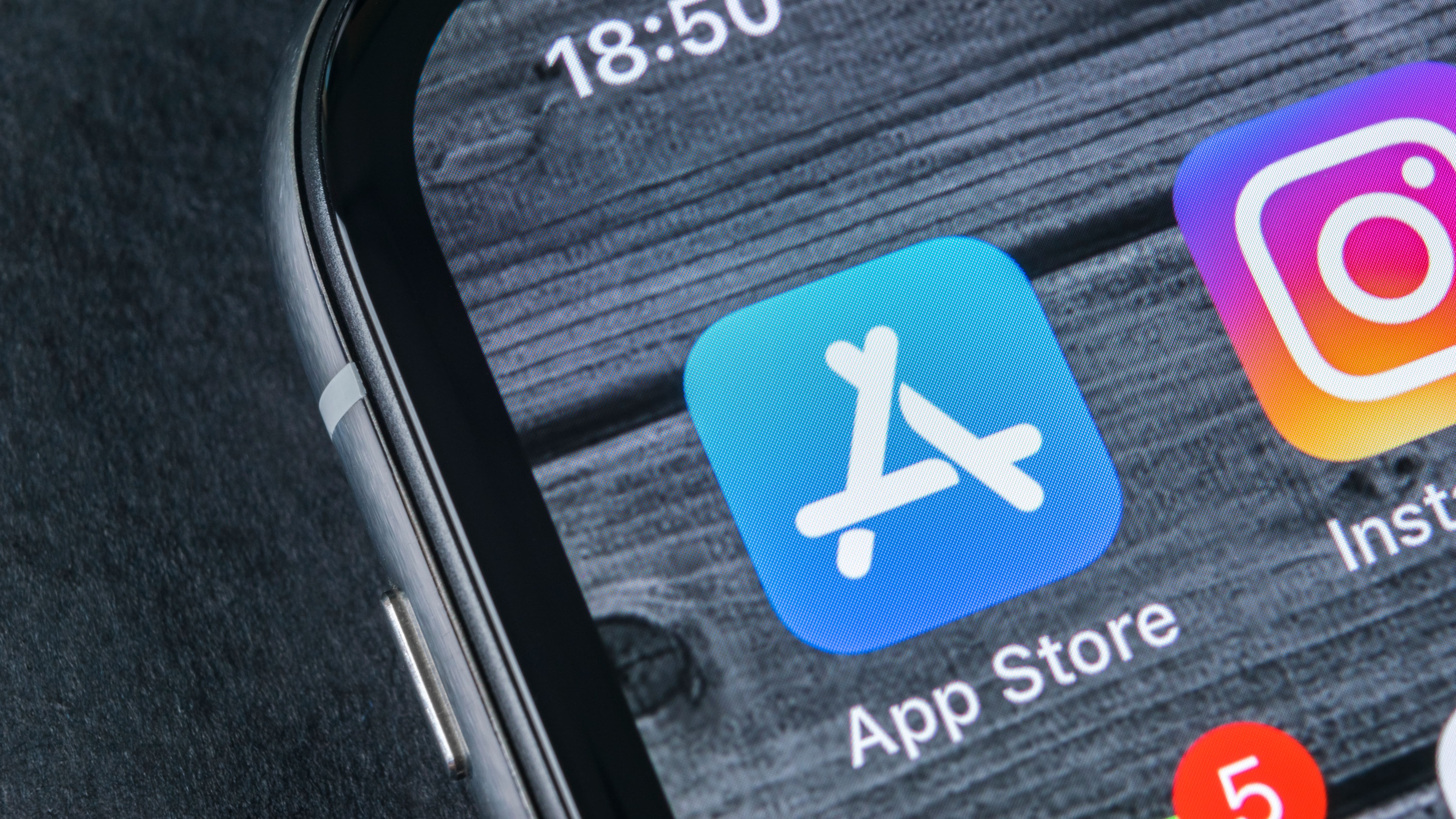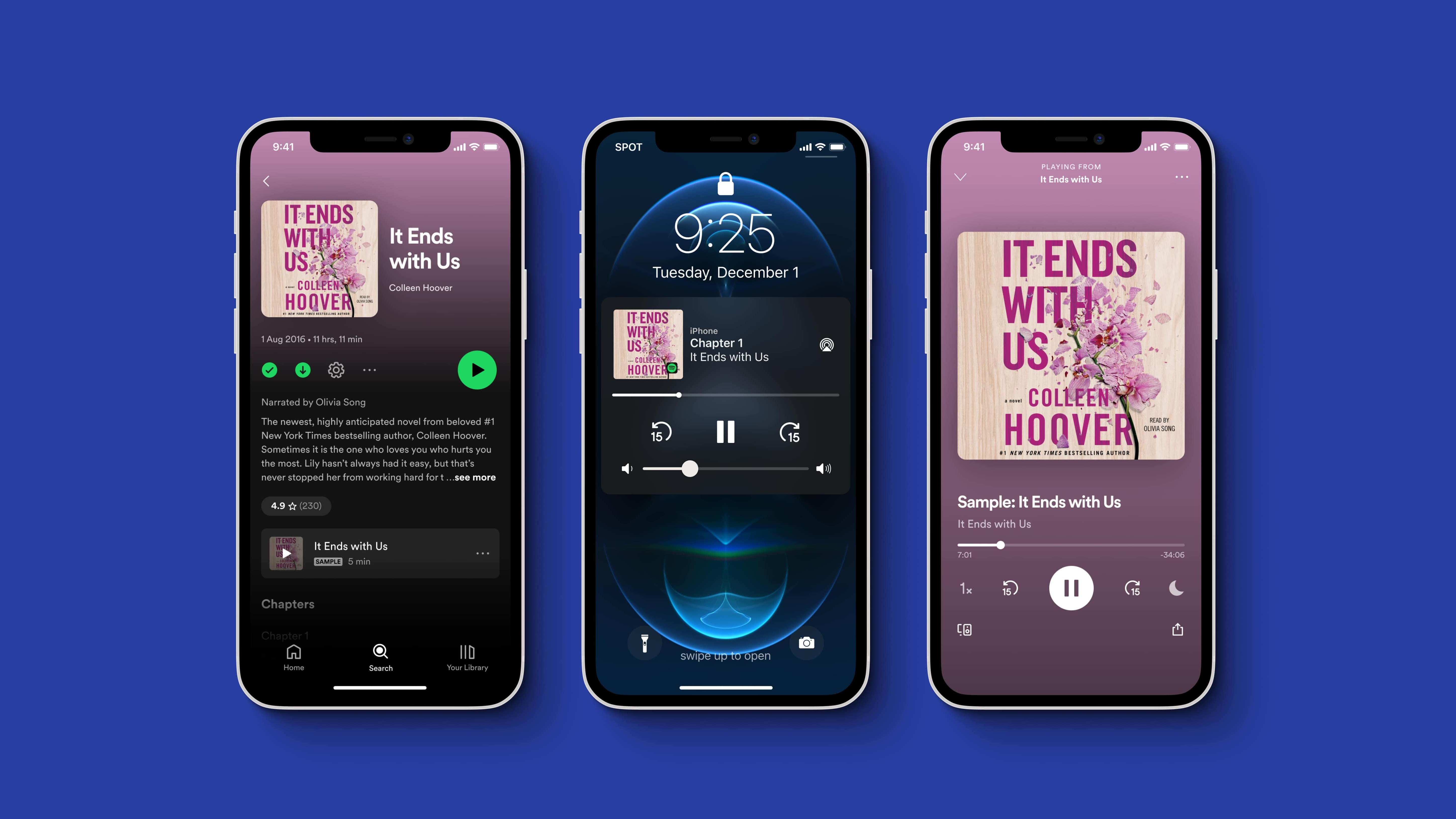
For better or worse, Apple’s App Store has been the envy of rival mobile companies for over a decade.
Having launched in 2008 with a library of 500 downloadable apps and games, Steve Jobs’ groundbreaking virtual marketplace has since expanded to stock almost two million titles, and undeniably played a pivotal role in establishing an entirely new industry (affectionately dubbed ‘the app economy’) that employs millions of people worldwide.
But the App Store is not what it once was. Android-focused rivals like the Google Play Store have improved immeasurably in recent years, encroaching on Apple’s one-time unique selling point as a broker of the best apps around. Worse, though, is the fact that the App Store has become – for the first time in more than a decade – a direct hindrance to the experience of iPhone users.
How, you ask? Let’s kick off the most obvious criticism: ads. Apple began allowing companies to buy up virtual real estate in the App Store some time ago, a decision that undermined the company’s otherwise squeaky clean approach to user experience.
Sure, these ads were limited to the App Store’s Search tab – but even here, they were frequently invasive (occupying almost the entirety of the first page of any search) and often unrelated to what users were actually looking to download.
What’s more, under Apple’s initial ad system, companies could – and still can – buy up all the ad space for a specific app name and have their product rank above other apps matching that search term exactly (search 'Jetpack Joyride’', for instance, and the first app you’ll see is an ad for… ‘Crazy Kick’?).
Annoying, right? Very much so. Unfortunately, Apple recently expanded its ad system to affect even more areas of the App Store. Now, ads appear in the main Today tab – Apple’s hub for editorialized app content – as well as in Search. The ads in question are still identifiable by a distinct background and a visible 'Ad' icon, though they’re given as much real estate as Apple’s editorialized sections (see the below example).
Sign up for breaking news, reviews, opinion, top tech deals, and more.

When announcing the expansion, Apple said these new ads would “only contain content from approved App Store product pages, and adhere to the same rigorous privacy standards” as previous App Store apps. However, this quality control system has so far shown no signs of actually controlling quality, with gambling ads proving a particular bug-bear with disgruntled app developers.
With Apple’s recent changes to ads on the App Store, your product pages may now show ads for gambling apps. One of my product pages just did that 😞 pic.twitter.com/CjbrXpajX0October 25, 2022
Put another way, Apple’s App Store ads are now more obnoxious than ever – and they’re seriously beginning to harm a virtual space that Apple took such good care of for so many years.
The enemy of progress?
But ads aren’t the only reason iPhone users are becoming frustrated with the App Store.
We mentioned earlier that Apple has contributed enormously to the so-called app economy, but the company has also come under fire – from both developers and governments – for creating something close to a monopoly in this space.
Apple takes a 30% cut from any app developers who make over $1 million through the App Store on an annual basis, regardless of the role the company played (or didn’t play) in the development of purchased content.
It’s absolutely Apple’s prerogative to behave this way. The App Store provides the demand to developers’ supply, after all – and although a 30% commission is steep, Apple knows that developers aren’t willing to pass up on the exposure that the App Store provides (there’s a reason Apple became the first company in history to be valued in excess of $1 trillion).
But this only remains true if the business arrangement doesn’t hinder the experience of App Store users, and it’s beginning to do so more and more.

Spotify’s feud with Apple is the most recent and high-profile example of this sentiment. Spotify Audiobooks launched in September 2022, an entirely new section of the Spotify app that grants subscribers (Premium or otherwise) access to a catalog of more than 300,000 audiobook titles.
Each book is available to purchase or preview via web pages outside of the Spotify app, but only because the music streaming giant is unwilling to see Apple – owner of Apple Music, lest we forget – scoop a cut of the revenue.
This is Spotify’s prerogative – the company has simply been smart enough to implement a workaround to Apple’s tight commission regulations. Apple, however, isn’t so thrilled by Spotify’s smarts, and is supposedly not letting the streamer explain to users where and how to buy audiobooks, list the cost of audiobooks, or even send emails directing users to purchase audiobooks.
“With our Audiobooks launch, Apple has once again proven just how brazen it is willing to be with its App Store rules, constantly shifting the goalposts to disadvantage their competitors,” Spotify CEO Daniel Ek said in a recent statement.

The company has even set up a dedicated web page – titled Time to Play Fair – detailing how Apple’s supposedly anti-competitive behaviour “hurts everyone, including audiobook listeners, publishers and authors.”
Apple has responded to the allegations at various junctures. Most recently, the company told media outlets that it has “no issue with reader apps communicating with customers externally about alternative purchase options,” but takes issue with Spotify “not following the guidelines regarding explicit in-app communications to direct users outside the [Spotify] app to make digital purchases.”
That justification suggests Spotify is the one with a point. “Guidelines” here is essentially Apple shorthand for “competition rules” – Apple is clearly peeved by Spotify’s lawyer-approved workaround, and is clutching at regulatory straws to dress the whole affair up as a disagreement over communication.
Whatever the real issue, the fact remains: the experience of Spotify users on iOS devices is being hindered by Apple’s unwillingness to budge. Couple this with the influx of invasive advertising on the App Store, and Apple is dangerously close to looking like a company that puts the pursuit of profit above the satisfaction of its customers.
Come on, Apple – isn’t $1 trillion enough?

Axel is TechRadar's Phones Editor, reporting on everything from the latest Apple developments to newest AI breakthroughs as part of the site's Mobile Computing vertical. Having previously written for publications including Esquire and FourFourTwo, Axel is well-versed in the applications of technology beyond the desktop, and his coverage extends from general reporting and analysis to in-depth interviews and opinion.
Axel studied for a degree in English Literature at the University of Warwick before joining TechRadar in 2020, where he earned an NCTJ qualification as part of the company’s inaugural digital training scheme.